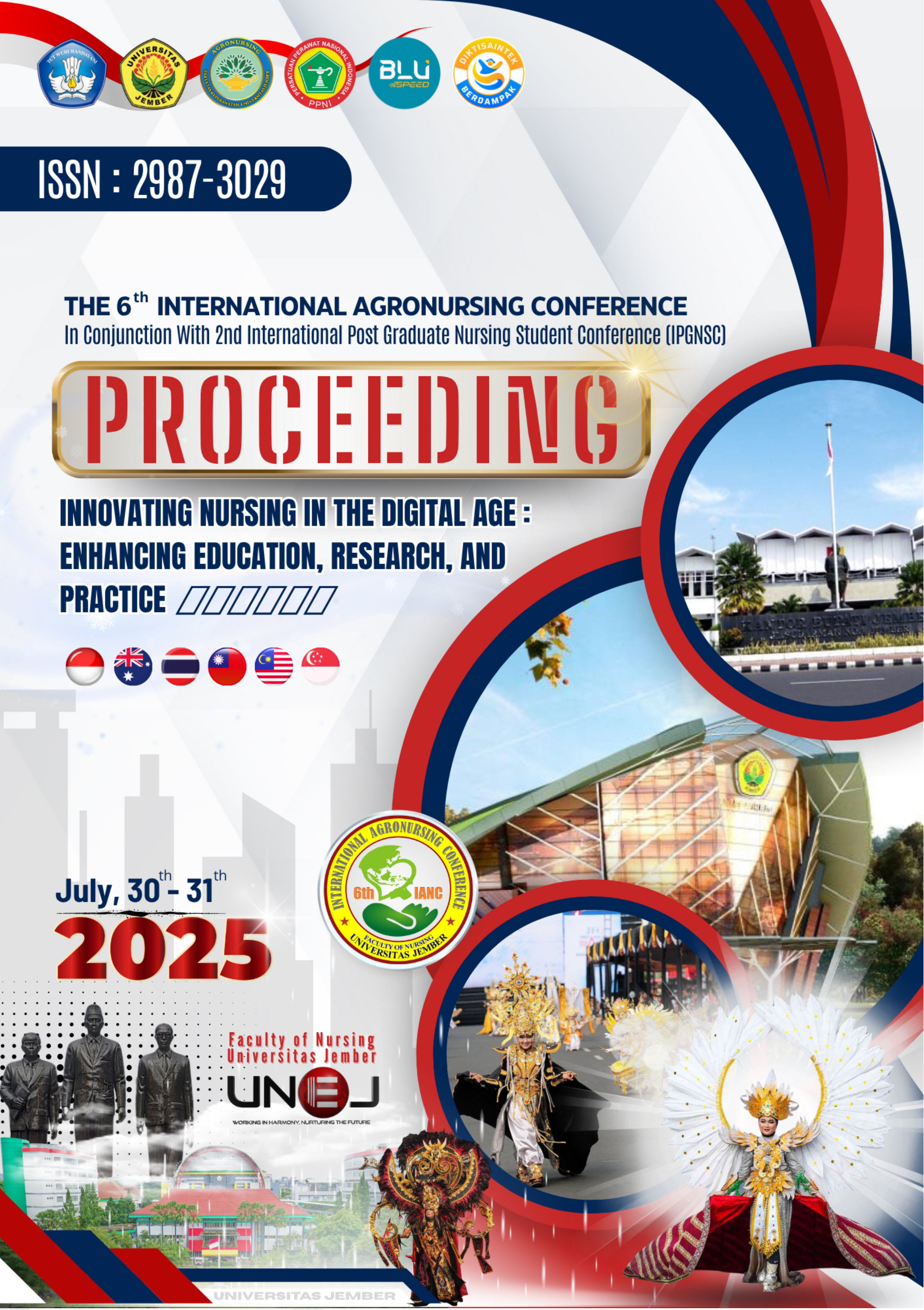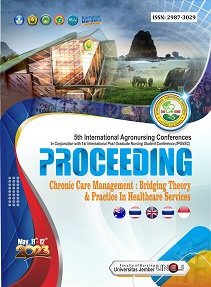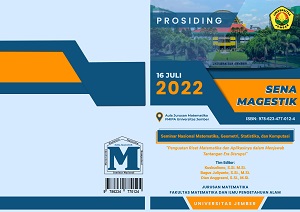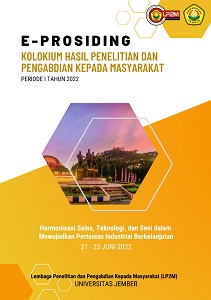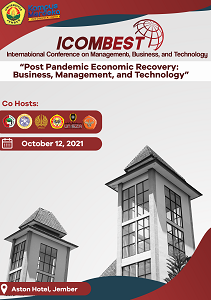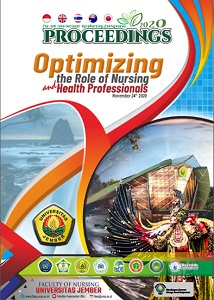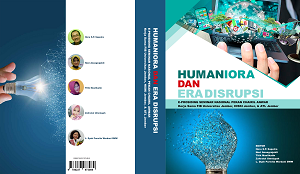THE PROCESS OF FORMING RESILIENCE IN ADOLESCENTS AS SANTRI WHO HAVE NEVER LIVED IN AN ISLAMIC BOARDING SCHOOL (GROUNDED THEORY)
Abstract
Introduction: Navigating boarding school life can be challenging for new santri unfamiliar with such environments. The inability to adapt to the school's diverse nature and regulations often leads to mental health issues. Developing self-resilience can address the adaptation crisis. This study aimed to explore how female santri build resilience to manage, overcome, and address challenges in the boarding school setting. Methods: This research used a qualitative design with a grounded theory approach. Purposive sampling selected 7 participants. The researcher utilized Glaser and Strauss's theory to integrate the CCA analysis process. Results: The study identified eight stages and components contributing to resilience, introducing the concept of integrity within resilience. These stages are categorized into three phases: passive, active, and integration. Discussion: The components contributing to resilience are integral to all stages, forming a system for building resilience. The challenges faced by new santri do not significantly impact their decision to remain at the Islamic boarding school, as resilience formation helps mitigate these issues. The conclusion is that participants successfully navigated the three phases of resilience formation and achieved resilience.

